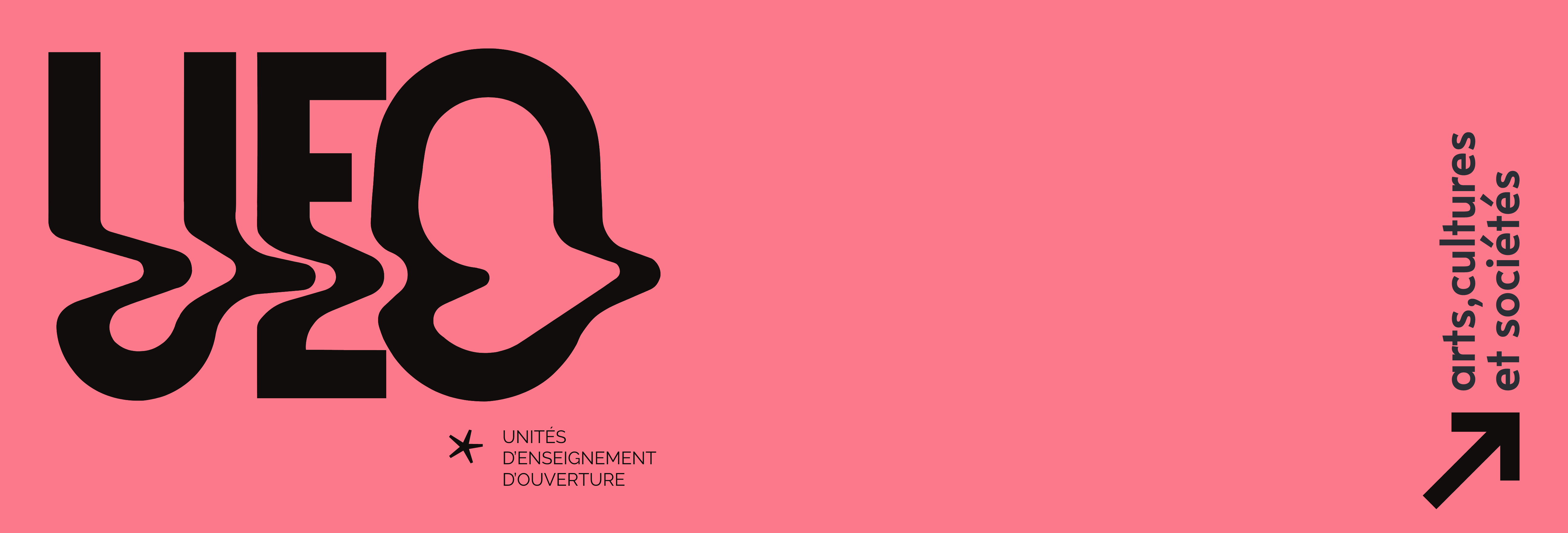Introduction to Chinese society today
Category: Arts, cultures and societies
Semester : Semesters 1 and 2 (S1 and S2)
ECTS credits
2 ECTS – 20 hours
Number of places
North Campus: 20 places & South Campus: 20 places
Teaching locations
(S1 and S2) North campus - Moufia
(S1 and S2) South campus - Buffer
General rules
- From the moment you have validated a UEO, you cannot submit your application a second time to the same UEO.
- You must be covered by civil liability which may be requested at any time by the speakers or the administration.
- The documents that we advise you to consult: the Specific Regulations of WEU and F.A.Q
Target audience
- Exclusively for students registered in General License
You must check that your sector is correct concerned by WEU.
Priority licensing levels
Recommended sectors
Prerequisites
UEO open to students in international exchange programs
Description of the WEU
This course will aim to present the essential social and political structures of contemporary China as well as the different components of Chinese society. It will emphasize the ongoing transformations generated by the reforms, while emphasizing certain legacies or certain permanences specific to Chinese civilization.
China is a multi-ethnic country, which stands out from its Asian neighbors. In a first part, the ethnic groups of China will be presented, with their geographical distributions and their differences, within the same feeling of being Chinese, which structures Chinese civilization.
Subsequently, the family, the basis of Chinese society, will be presented, as well as its components such as marriage, the position of women in society, the one-child policy, and the duties of men, which make also facing celibacy.
In a third part, the unique character of China's political organization will be explained, in a country where rural areas and urban areas are distinct and structured based on their strengths.
This course therefore takes up the major societal questions of China, from the couple to the family, including the political structure of the Empire, in order to highlight its developments and traditional concepts which are still very present.
WHAT DO I LEARN? Targeted RNCP skill blocks
Analysis of a question by mobilizing disciplinary concepts
Other specific skills
Teaching methods
Assessment methods
Forecast timetable
The UEOs do not appear on the Timetable (EDT) of your License.
The UEO managers will communicate to you directly any changes to EDT that may occur during the semester.
Managers of the UEO north campus and south campus – Department of Studies and Training Management (DEPF):
Contact form


